We may earn money or products from the companies mentioned in this post. This means if you click on the link and purchase the item, I will receive a small commission at no extra cost to you ... you're just helping re-supply our family's travel fund.
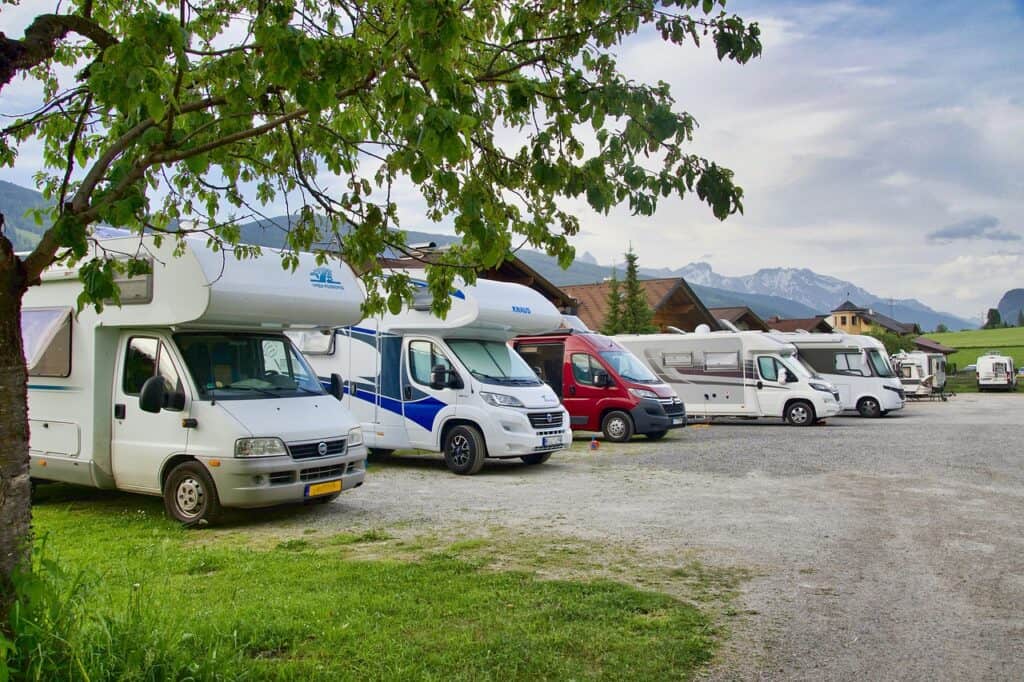
You want freedom on wheels, not fines and a 2 a.m. knock from a ranger. RVs open the map, but rules tightened as crowds grew, droughts worsened, and towns got tired of messes. Here’s the truth behind those “everyone does it” myths. Use it to avoid tickets, protect wild places, and keep doors open for the next traveler. Read signs, learn local codes, and ask when unsure. The trip feels better when the law and your neighbors are on your side.
Riding Unbelted While Rolling
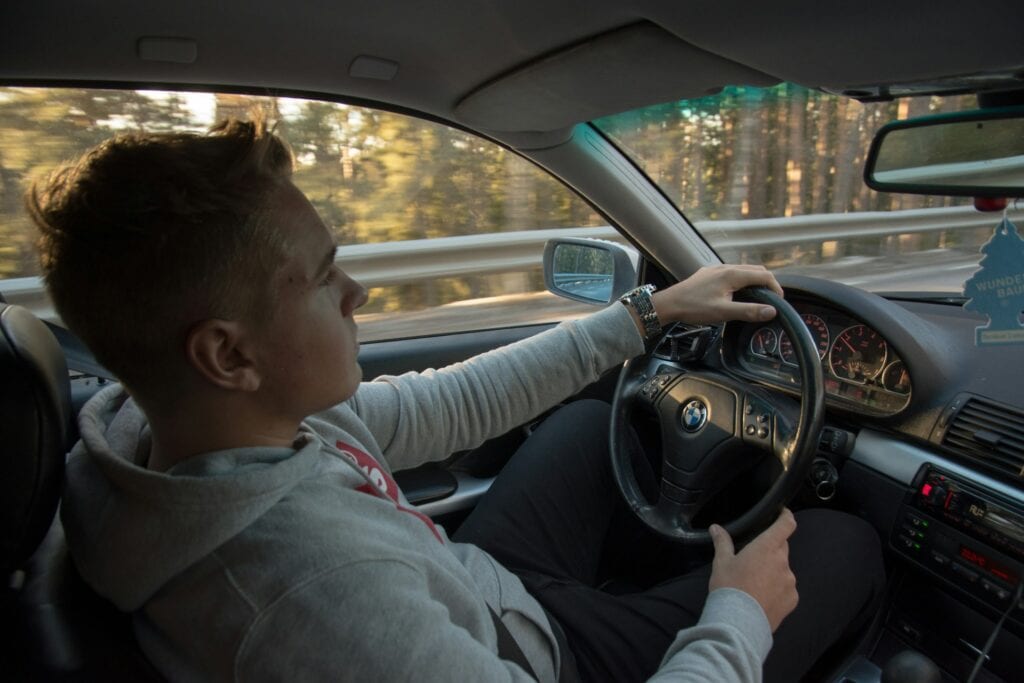
Most states expect seatbelts for all moving passengers, and kid seats must be installed as in a car. That means no children on the dinette, no naps on the couch, and no lounging in bunks while cruising. Several states also ban riding in towed trailers entirely. Treat your RV like a vehicle when wheels turn. Pull over for snacks and naps. Belts and proper restraints turn a scary moment into a story, not an injury.
Dumping Gray or Black Water Anywhere
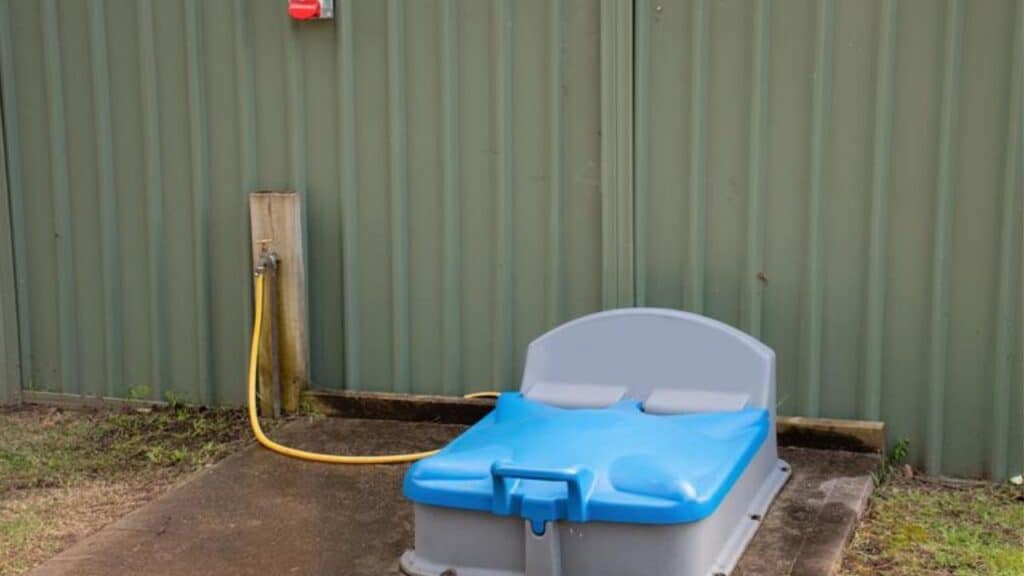
“Only gray” still carries soap, grease, and food bits that can foul soil and streams. Illegal dumping brings heavy fines, and rangers spot it quickly. Use approved stations, carry the right hose, and secure fittings so nothing streaks across asphalt. If the line is long, wait or find another site. A portable tote tank buys time between hookups. The rule is simple: nothing hits the ground. Leave places cleaner than you found them.
Overnighting Where It’s Prohibited
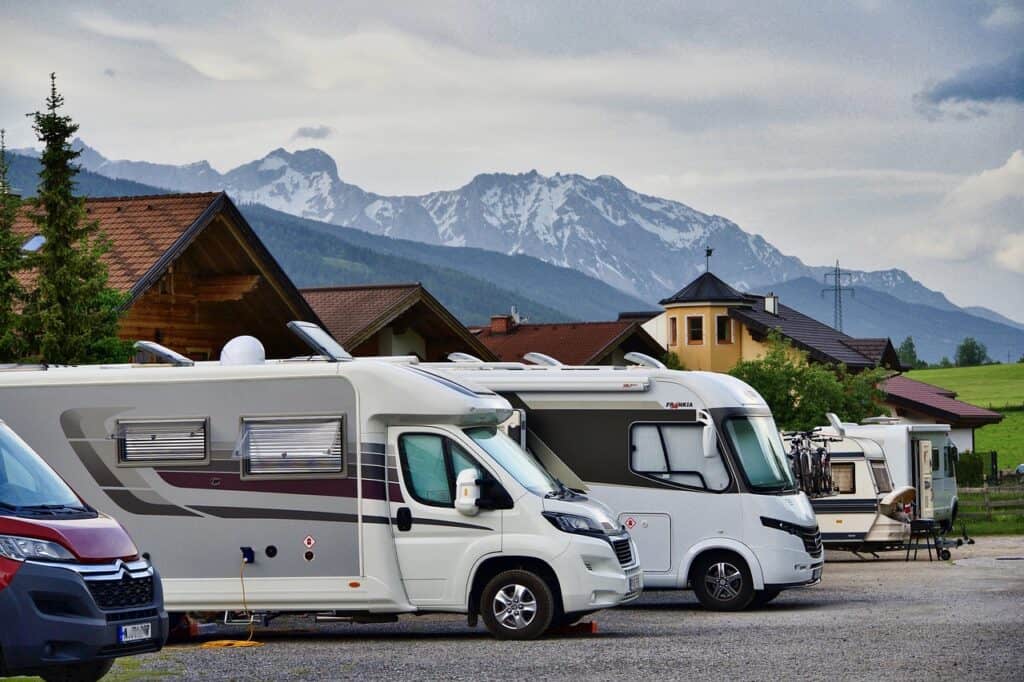
Rest areas, trailhead lots, and many city streets ban overnight parking, even if a forum says it’s fine. Ordinances change and are enforced to keep turnouts safe. Check posted signs and municipal codes, call ahead for big box lots, and use RV apps for legal alternatives. If dispersed camping is allowed, arrive late, leave early, stay self contained, and keep a small footprint. Courtesy earns more access than bravado ever will.
Open Containers and On-Board Drinking

Open container laws often apply inside motorhomes on public roads, not just at the driver’s seat. In many states passengers cannot drink in a moving vehicle. Save the wine for camp after you’re parked. Store alcohol sealed and out of reach up front. Crossing counties or state lines can shift rules fast. When in doubt, choose the stricter standard and keep the ride dry until the keys are out and chocks are down.
Cannabis in the Cabinet While You Drive

State lines matter, and federal land has stricter rules. Legal at one stop can become illegal the moment you cross a border or enter a national park. Possession on federal property risks citations, and transporting across states can add charges. If you partake where lawful, do it off the road, off federal land, and never near the driver. Keep the trip about scenery, not paperwork. Know the map and keep cabinets clean in motion.
Running Generators Through Quiet Hours
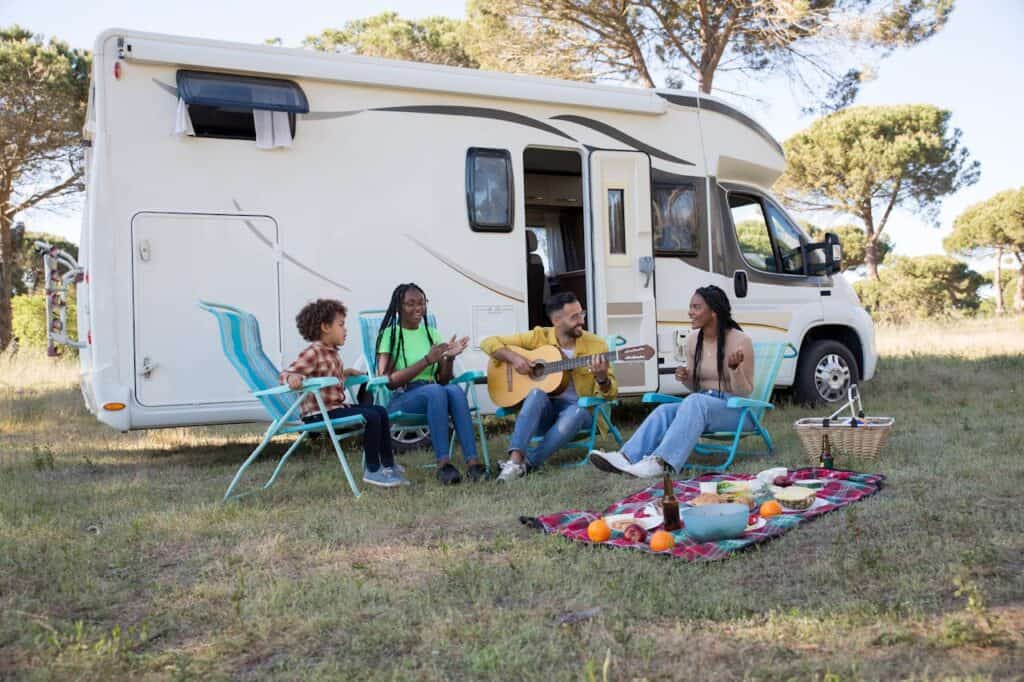
Campgrounds and many public lands enforce quiet hours, often 10 p.m. to 6 a.m. Violations draw warnings, then tickets or eviction. Sound carries in the woods, and your “whisper” unit still hums at midnight. Right-size batteries, add solar, and manage loads so coffee happens off batteries and heavy draws wait for daylight. If medical devices need power, book hookups or alert hosts. Being the neighbor everyone thanks is the best reservation.
Spreading Out Beyond Your Site
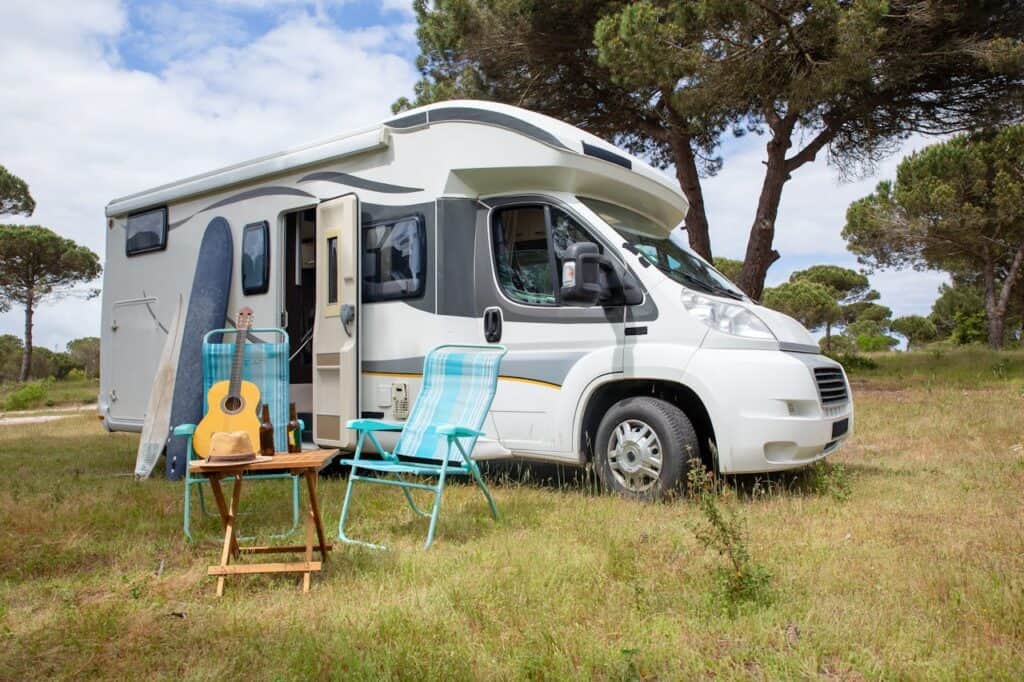
Slides, mats, and gear cannot spill into the road, vegetation, or the next pad. Many parks ban hammocks on trees and staking into fragile soil. Keep wheels and rugs on durable surfaces, and use the pad for chairs and grills. If your rig only fits by blocking traffic, you booked too small. Shrinking your footprint protects resources and keeps fire trucks and late arrivals moving. Camp small. It is safety as much as etiquette.
Drone Launches in National Parks
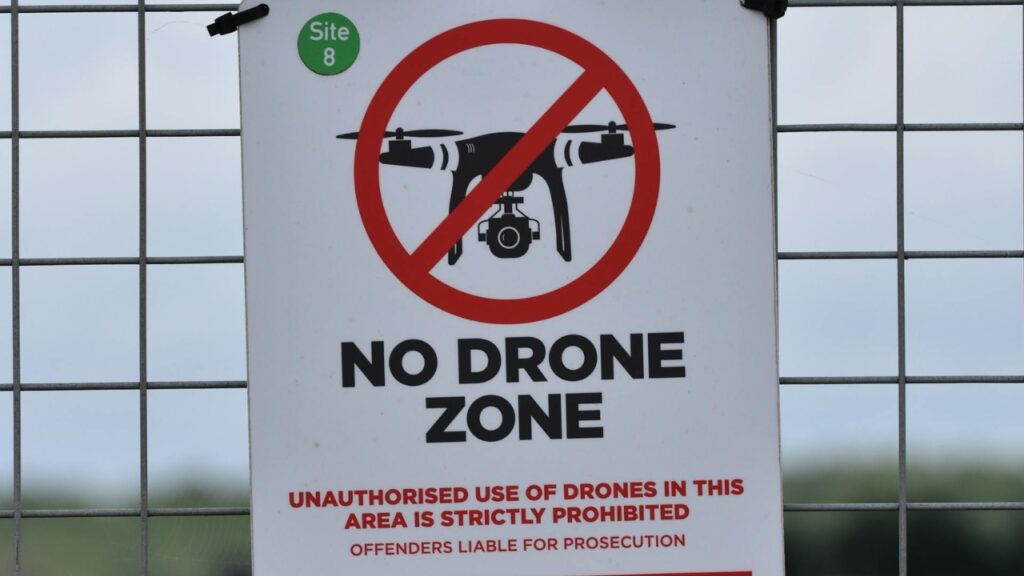
Launching, landing, or operating drones is banned in national parks without a special permit, and many state parks mirror that rule. Wildlife harassment and crowd conflicts drove the change. Fly in approved areas outside park boundaries or in designated recreation zones. Where legal, keep line of sight, follow altitude limits, and avoid people and animals. When the sign says no rotors, let your lens and memory do the work instead.
Treating Public Lands Like Dumpsters
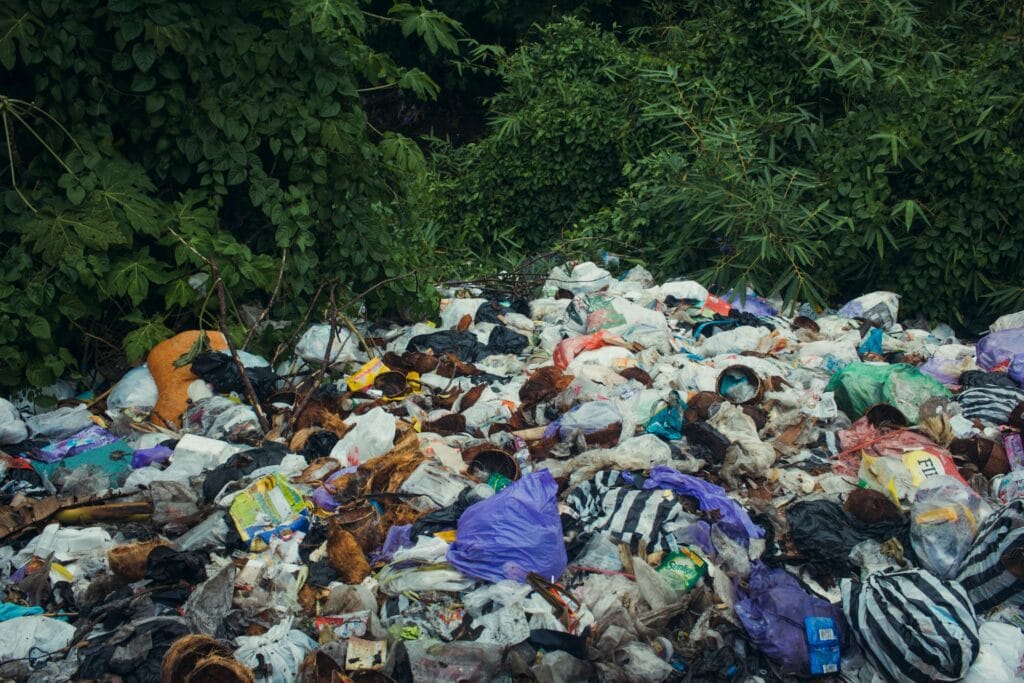
Leaving bagged trash beside full bins, abandoning broken chairs, or “forgetting” fishing line is littering, not a harmless glitch. Bears, ravens, and wind undo good intentions in minutes. Pack extra contractor bags, crush packaging before trips, and secure loads. If a dumpster is full, take it with you. Microtrash counts too: filters, bread ties, twist tabs. The site should look untouched when you pull out, because someone’s first memory starts after you leave.